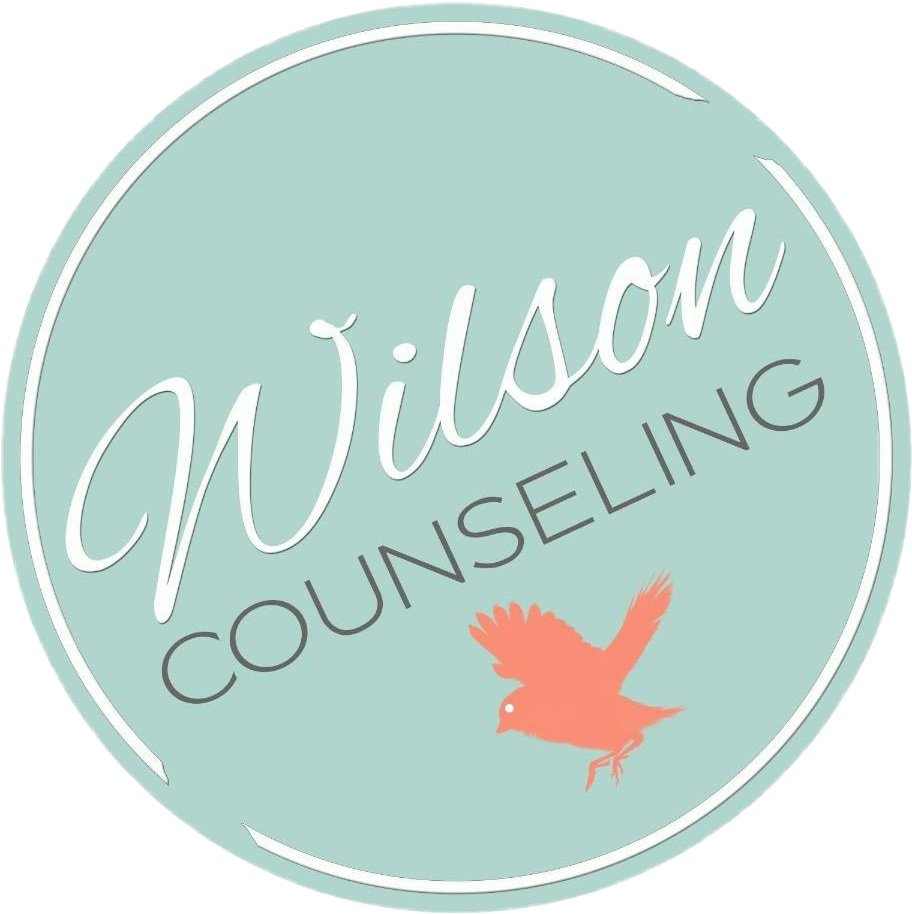I often get asked by people who know me personally how they can find the best therapist for them. The strength of the therapeutic relationship will have a major impact on the success of your therapy. If you and the therapist don't have very good rapport, it can feel kind of like going on a bad date. It just won't click. But that does not mean you give up on therapy, or dating for that matter, it probably just means they were not the right person for you. So, how can you choose the right therapist?
Think About Your Goals and What You Need
Before you start your search, take some time to think about what you want to achieve in therapy. Are you dealing with anxiety, depression, relationship issues, or something else? Knowing your goals can help you find a therapist who specializes in those areas.
Research and Resources
Search through Local Resources: Houston has a wealth of resources when it comes to mental health. Consider checking local directories, community centers, and even universities that may offer therapy services.
Use Trusted Online Databases: Websites like Psychology Today have extensive listings of therapists, including their specialties, fees, and client reviews. This can be a great starting point to find a therapist that fits your needs.
Ask for Referrals: Personal recommendations from friends, family, or healthcare providers can be invaluable. They can offer insights into the therapist's approach and effectiveness.
Check the Therapist's Website: Look for information about their experience, areas of expertise, and the types of therapies they offer. This can help you gauge whether they might be a good fit.
Questions to Ask a Potential Therapist
When you have a few potential therapists in mind, it's a good idea to call them and ask some basic questions. This can help you get a feel for whether they might be a good match. Some questions to consider include:
How many years have you been practicing?
What kind of experience do you have working with [your specific issue]?
What are your areas of expertise?
What kinds of treatments/techniques do you use, and have they been proven effective for people with my kind of problem?
What are your fees?
What insurance do you accept?
Red Flags to Watch Out For
It's equally important to know what to avoid in a therapist. Here are some red flags to be aware of:
Comfort Level: Does the therapy room make you feel uncomfortable? The physical environment should feel safe and welcoming.
Listening Skills: Does the therapist interrupt you, or do they listen carefully to what you’re saying? A good therapist should be attentive and empathetic.
Respect for Time: Does the therapist respect your time by being prompt to appointments? Consistent tardiness can indicate a lack of professionalism.
Validation of Concerns: Does the therapist brush off or invalidate your concerns? You should feel seen, heard, and respected during your sessions.
Progress and Comfort: If after several sessions you still don't feel comfortable, it may be time to find another therapist.
Taking the Next Step
If you feel comfortable with what you hear during your initial conversation with a therapist, schedule an appointment. It can be hard to tell if a therapist is a good fit until you meet them. If, after a few sessions, you still don't feel a connection, it’s okay to move on and find someone else.
If you are struggling and would like help, we have Houston, Texas Counselors who can meet with you. You can contact us at 713-565-0922 or by email at contact@wilsoncounseling.org.
Remember, finding the right therapist is worth the effort. A therapist can connect you with powerful resources to help you learn to live the life you want to live. It’s worth some legwork upfront to find the right person.
This blog is not intended to substitute for professional counseling.
OTHER THERAPY SERVICES WE OFFER IN HOUSTON, TX
We have other mental health services that we offer at our Houston, TX counseling office. Our services are available for adults, children, and teens. For individuals we offer Anxiety Treatment, Eating Disorder Counseling, School and College Counseling, ADHD Treatment, Autism Therapy, and Infertility Counseling. As well as Couples Therapy and Marriage Counseling, Divorce Counseling, Family Therapy, Parenting Counseling, Career Counseling, Trauma Therapy, PTSD Treatment, EMDR Therapy, and Chronic Pain Therapy. Our caring therapists also offer LGBTQ+ Counseling and LPC Supervision. All of these services are also available through Online Counseling throughout Texas.
If you’re ready to get started, please contact Wilson Counseling today. Together we can get you to a better place.
